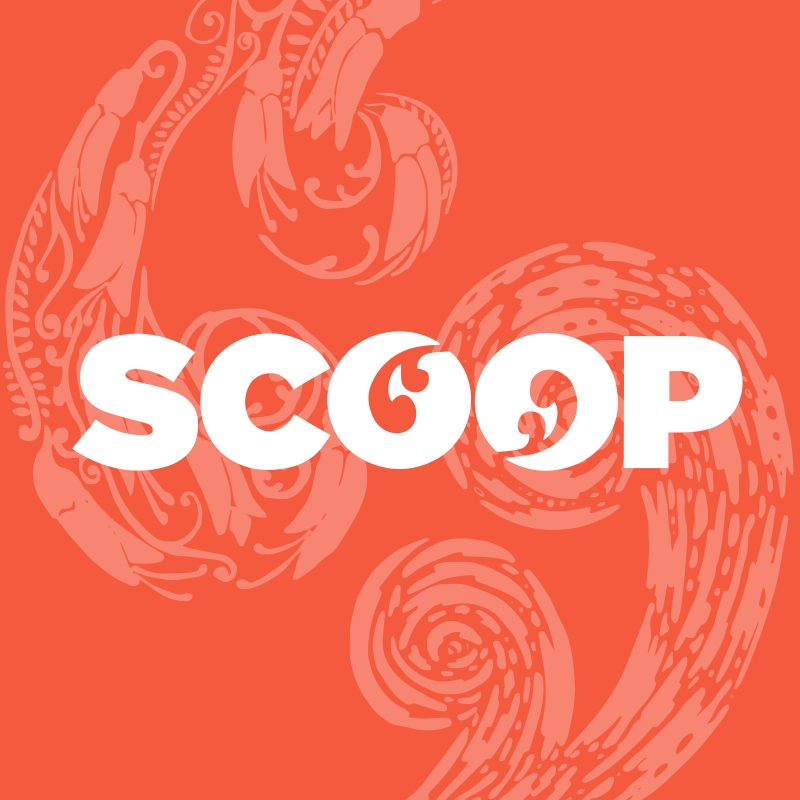Infectious Conspiracies: Donald Trump, Coronavirus And Reality

One measure of success in politics is the degree enemies
imitate you, even if done insincerely and without flattery.
Insincere imitation has become the preserve of a whole
panoply of Donald Trump’s critics stretching from the
money, corporate side of the Democrats to the sandalled
warriors who believe in environmental eschatology. Most
importantly for Joe Biden and fellow travellers of the
Donkey Party, they remain incapable and uninterested in
identifying and confronting their devastating loss in 2016.
There is only one program in the works, the mission that
matters: removal and elimination. Get Trump out, and all
will heal.
This makes political conversation
insensible and torturously imbecilic. Trump’s wand waving
has had such an impact on his opponents that they mimic,
unconsciously, his own tropes. They ape and bark to his
beat. They speak of conspiracy, exclaim and splutter about
fakery. They talk of the improbability of reality. Trump,
for instance, could not have actually contracted the novel
coronavirus.
Since October 2, Trump become the subject
of eager medical experimentation. He has received an
intravenous dose of the dual antibody REGN-COV2, a drug yet
to satisfy all stages of approval. The combination
features a B cell from a human who had recovered from a
SARS-CoV-2 infection and yet another one of those heroic
mice whose immune system was engineered to resemble the
human immune system. “Experiments in both golden hamsters
and rhesus macaques that were intentionally infected with
SARS-CoV-2 showed the cocktail could reduce viral levels and
disease pathology,” writes
Jan Cohen in Science. Speculation (can it be anything
else?) abounds as to whether Trump was also taking, as one
of his physician’s claims, “zinc, vitamin D, famotidine,
melatonin and daily aspirin”.
Much of this is of
less interest to Trump sceptics than the fact that it is
even taking place. They share, with mild discomfort, similar
ground to the QAnon group, who impute to Trump a strategy to
outwit the Democrats, who they claim operate a global human
trafficking empire. While QAnon insist that Trump is playing
the Democrats in pretending to have COVID-19, some liberals
have also taken of the same sauce. Jon Ehrens, a producer
for WHYY radio in Philadelphia, claimed
that “90% of listener emails/comments are very insistent
that the diagnosis is a lie.” Common conspiracy theories
included “finding an excuse for why he will lose the
election” to proving “that the coronavirus is no big
deal.”
The president’s illness, when announced on
October 2, did not merely issue an open invitation to
conspiracy; it unleashed a tsunami of gloating enthusiasts.
There were curses to enchant the polyglots. There were
homicidal fantasies skipping along social media platforms.
Within hours of the announcement, Merriam-Webster noted
that searches for that supremely useful word
“schadenfreude” had risen by 30,500 percent. Yolanda
Pierce, dean of Howard University’s divinity school, refused
to “perform false politeness in the presence of
evil.”
A good portion of the media stable long
mocked by Trump for being the great news counterfeiters were
themselves incapable of believing the president. They had
become the ideologues of disbelief, the mirrors of the fake.
“The sad truth is that we really can’t trust at face
value what comes out of the White House on this,”
political reporter Jonathan Karl explained
on the ABC’s “The View”. Reporters “have to ask the
questions” and would accordingly verify the information.
(Good of Karl to state what should be the reporter’s
natural mission.) “But there’s been so much
misinformation that has gone out about the virus, about the
pandemic, about things like voter suppression – it’s
really hard to know what to believe.”
As for the
general issue of verisimilitude, pity the doctors, as well,
charged with such a mission as conveying a message both
medically sound yet politically sanitised. Historically,
such White House physicians are paid to diagnose the leader
patient. The job prescription also entails a bit of
mendacity, if required, prompting the rather cynical observation
by Aaron Seth Kesselheim, professor of medicine at Harvard,
that care for the US president has been marked, at stages,
by “incompetence, secrecy and downright
deception.”
Author and Guardian columnist
Simon Jenkins is
even resigned on this score. “Doctors have never known
how to handle sick leaders.” Trump’s situation, he is
reminded, is much like that of the British Prime Minister
Boris Johnson, who also contracted the virus in March. The
doctors initially claimed he was “just fine and
cheerful”. “When this proved untrue he was said to be
dying. Bulletins merged into bullshit. Nothing was believed.
Johnson had to bitterly protest his health only this
weekend.”
In lowering the tone of what was already
the bankrupt political conversation of the republic, Trump
also lowered the bar of believability. There is no higher
plateau of political grace to seek. Everyone’s in for a
mauling. We are in the gutter, and we are going to stay
there, eyes averted, from the stars. And the
truth.
Dr. Binoy Kampmark was a Commonwealth
Scholar at Selwyn College, Cambridge. He lectures at RMIT
University, Melbourne. Email: bkampmark@gmail.com
*** This article has been archived for your research. The original version from Scoop.co.nz can be found here ***


